Follow Us
Contact Us
COMMON COMPOSTING QUESTIONS
Carbon Plus Compost provides their industry expertise, answering a range of common composting questions suited to your agricultural or farming project. From using compost as mulch to learning the benefits of this product, we aim to clarify and inform you about the best practices of composting and how they can be applied to your soil amendment project.
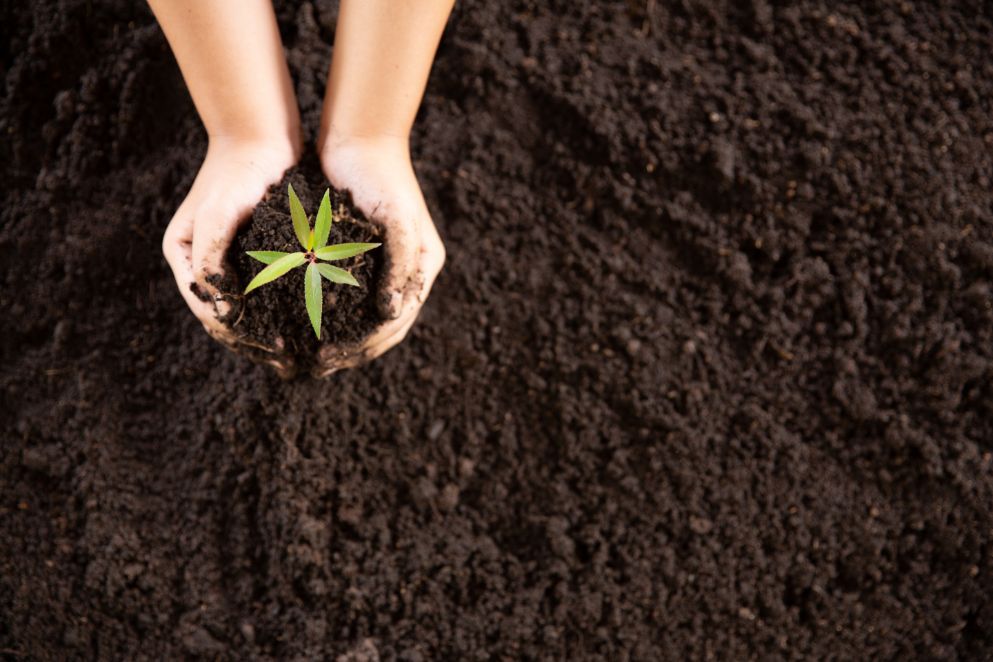
What is compost?
Compost is the natural process of recycling organic materials, such as grass clippings, wood chips, and pine needles, into a valuable fertiliser used to enrich soil and improve plant health. Composting speeds up the decomposition process of the organic matter, as it provides an ideal environment for bacteria, fungi, and other organisms doing all the work. The result is nutrient-rich, dirt-like material called compost!
What are the benefits of compost?
Compost is essential for improving soil health and contains three primary nutrients required by plants and crops – nitrogen, phosphorous, and potassium. There will also be trace elements of calcium, magnesium, iron, and zinc present in a good quality compost. Instead of relying on synthetic fertilisers containing harmful chemicals, compost offers an organic alternative, improving soil’s water retention properties, productivity, and resiliency and effectively suppressing weed seeds.
Compost also conserves water. Irrigation in agriculture is a major consumer of water in Australia and is very expensive and time-consuming for farmers to run and manage. The water retention properties of soil increases considerably with the addition of organic matter. For every 1% increase in organic matter per acre, the soil will hold approximately 75,000L more water. It’s easy to understand why farmers and growers alike are opting to use organic methods of fertilising to produce higher yields while conserving water.
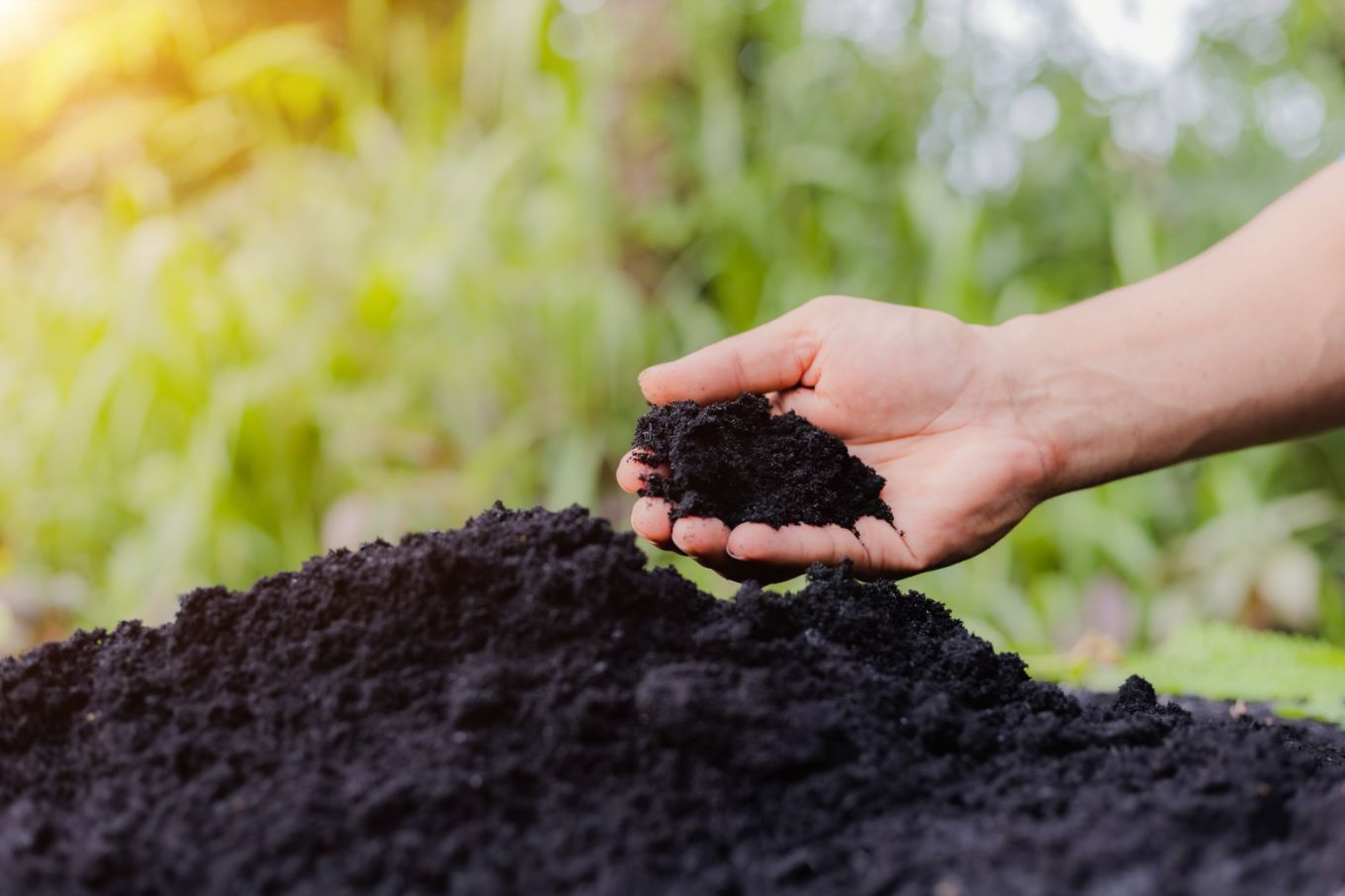
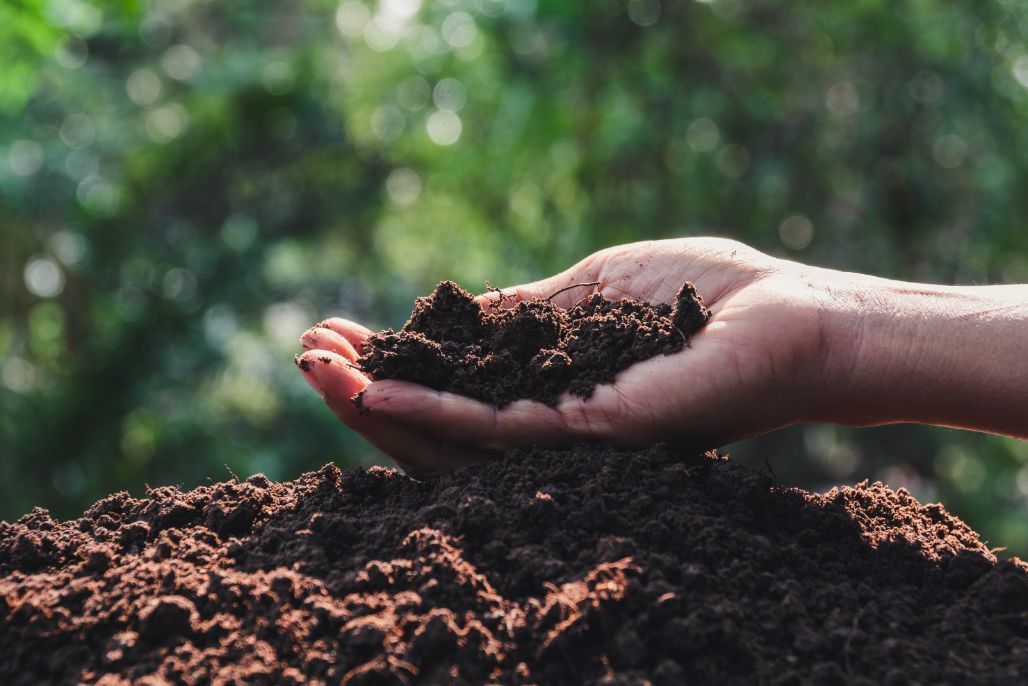
What compost is right for me?
This is not as easy a question – the team at Carbon Plus Compost will take the time to talk through your current situation and what it is you’re trying to achieve to tailor a solution that best fits your needs. We are more than happy to visit your place of work to discuss this in person.
Carbon Plus Compost offers three staple compost blends but has the capacity to produce custom blends to suit your specific needs and applications.
Do you deliver?
We do! Although our service areas aren’t set in stone, we primarily service north to the Wide Bay and Burnett Area, west of Toowoomba, Gatton and surrounds, the Lockyer Valley and south to the Northern Rivers Region.
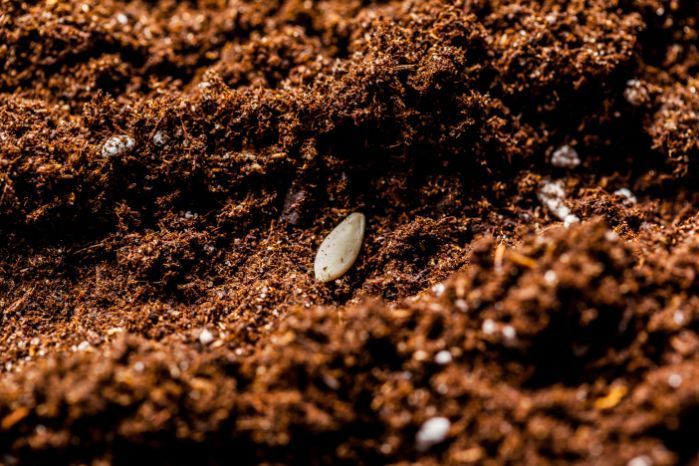
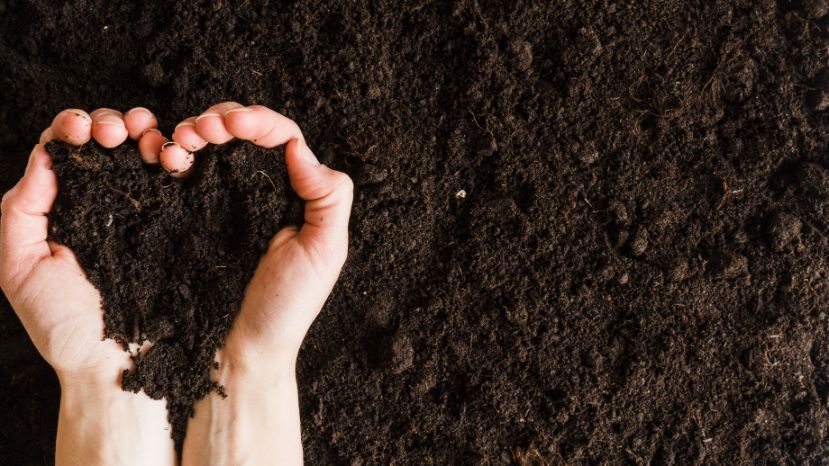
Can I put compost on top of mulch?
Yes, you can put compost on top of mulch, and doing so can be beneficial for your garden soil and for large-scale applications. When adding compost over natural mulch, wood mulch or bark mulch, you’re improving the nutrient availability at the soil surface. It’s best to apply a thin layer of fresh compost directly on top of the existing mulch, which will help to slowly integrate the rich organic material into the soil as the compost breaks down, improving the overall soil organic matter content. However, be cautious not to layer the compost too thickly, as this can lead to excessive moisture retention and potentially suffocate the soil.
What is the difference between organic and synthetic fertilisers
Synthetic Fertilisers
Composition: Made from chemicals and synthesized nutrients like nitrogen, phosphorus, and potassium.
Source: Industrially produced using various chemical processes.
Impact on Soil: Provides immediate nutrient availability, but can lead to soil degradation and reduced microbial activity over time.
Environmental Impact: Can cause pollution through runoff, leading to issues like algal blooms in water bodies.
Organic Fertilisers
Composition: Made from natural materials like compost, manure, bone meal, and plant residues.
Source: Derived from animal or plant waste and naturally occurring minerals.
Impact on Soil: Improves soil structure, promotes microbial activity, and enhances long-term soil fertility.
Environmental Impact: More sustainable, with lower risk of pollution and environmental harm.

Enquire now
We will get back to you as soon as possible.
Please try again later.
Contact us for all your premium organic compost needs
For your compost and mulch requirements contact Carbon Plus. From our home in Ipswich, we provide compost solutions all over Southeast Queensland and Northern New South Wales. For an obligation free quote, contact us today. Alternatively, feel free to complete our online enquiry form and a member of our team will be in touch.
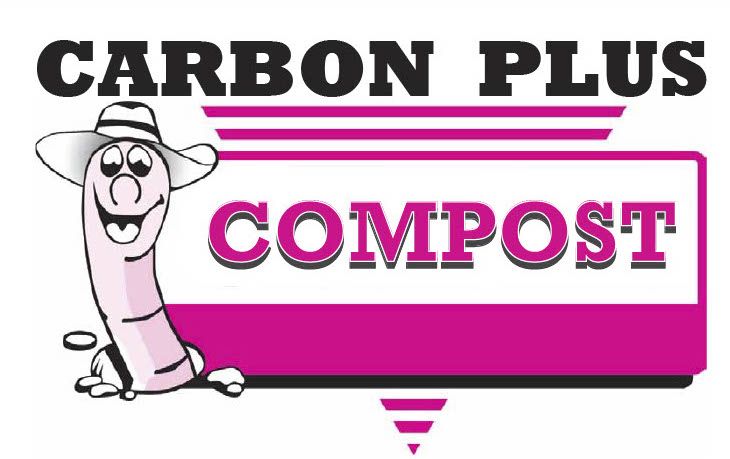
Quick links
Products
Certifications
Contact us
Follow us